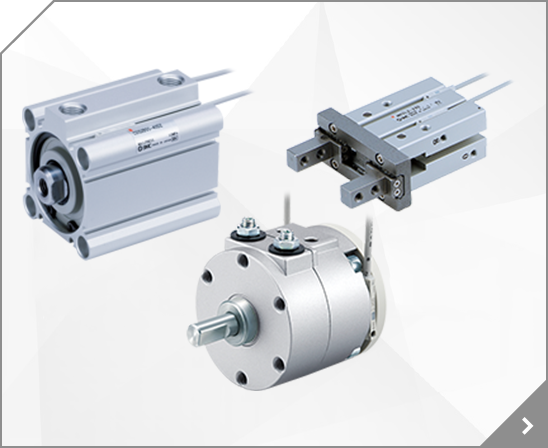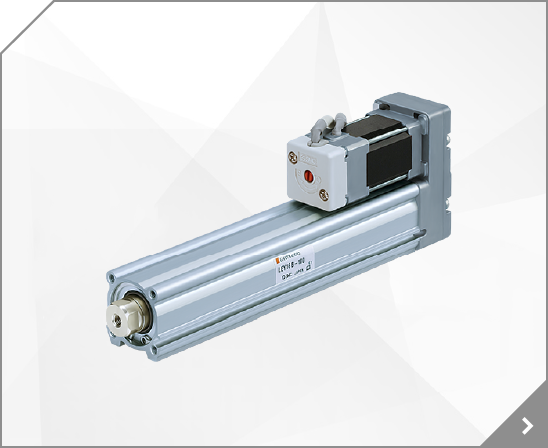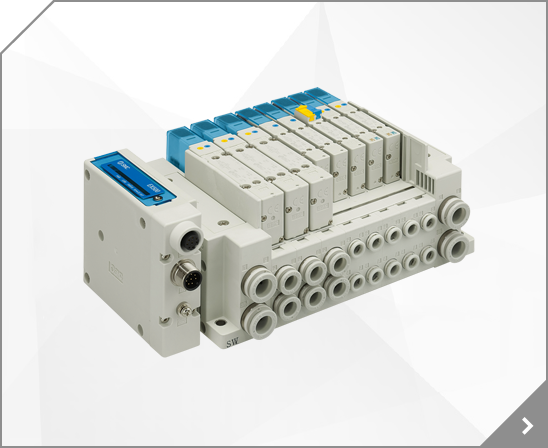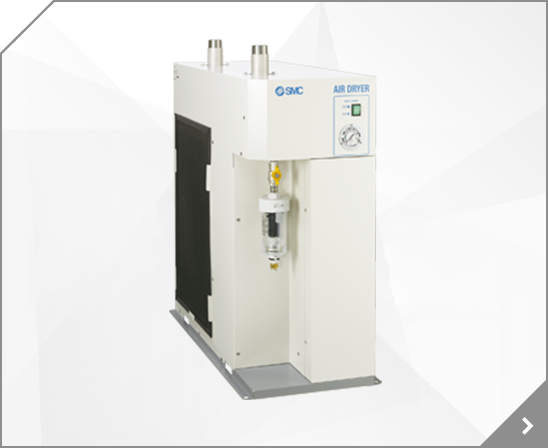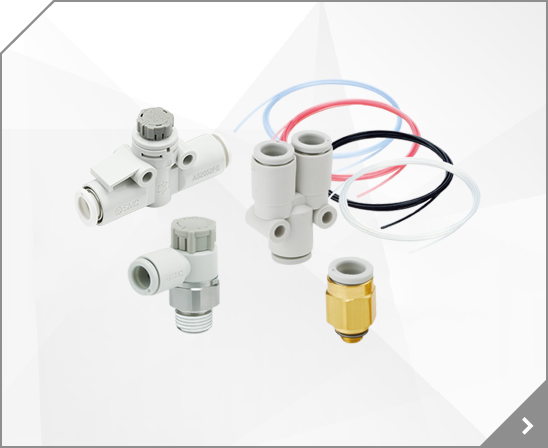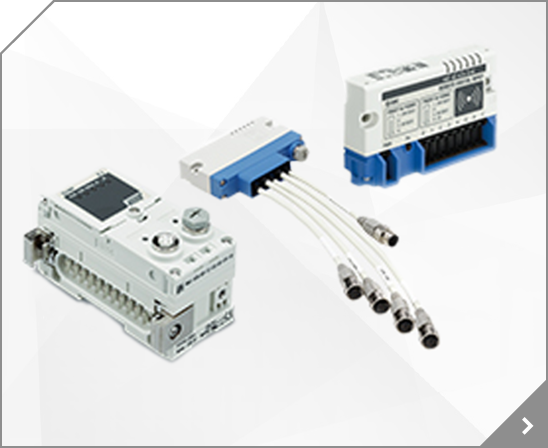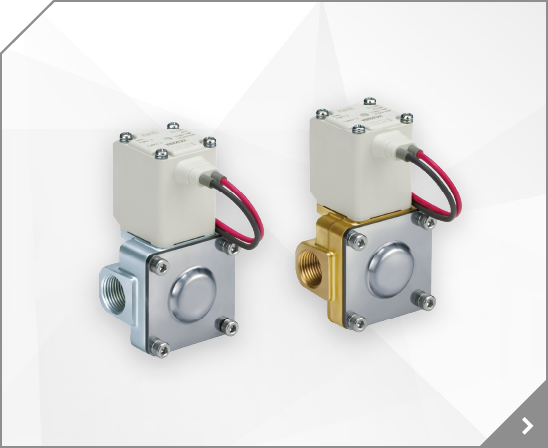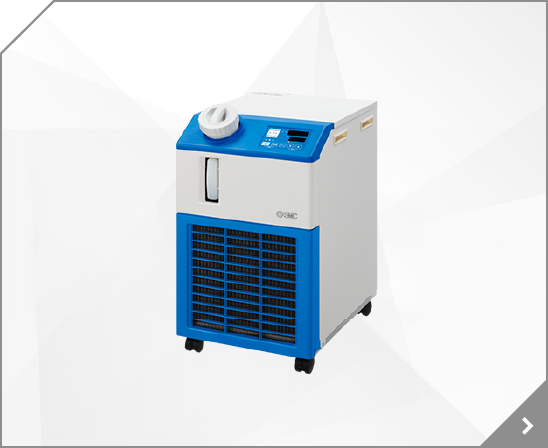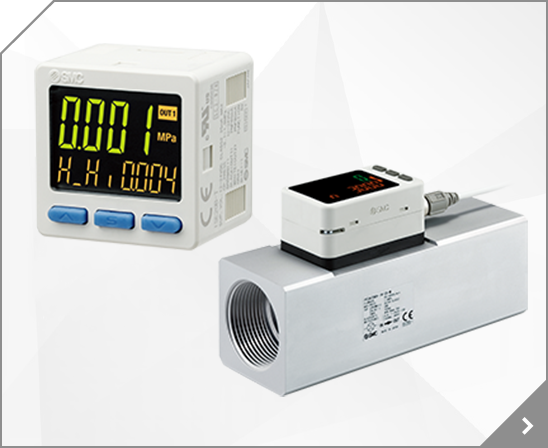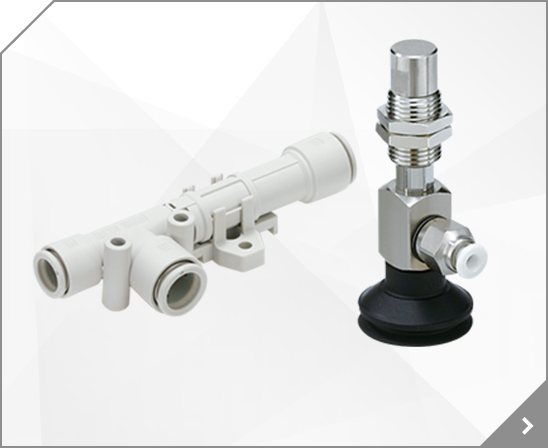
A rodless cylinder with mechanical joining differs from a basic air cylinder in that no piston rod extends outside the cylinder body. Instead, the internal piston is connected to an external carriage.
A rodless cylinder with mechanical joining differs from a basic air cylinder in that no piston rod extends outside the cylinder body. Instead, the internal piston is connected to an external carriage.
A rodless cylinder with mechanical joining differs from a basic air cylinder in that no piston rod extends outside the cylinder body. Instead, the internal piston is connected to an external carriage.
A rodless cylinder with mechanical joining differs from a basic air cylinder in that no piston rod extends outside the cylinder body. Instead, the internal piston is connected to an external carriage.
A rodless cylinder with mechanical joining differs from a basic air cylinder in that no piston rod extends outside the cylinder body. Instead, the internal piston is connected to an external carriage.
A rodless cylinder with mechanical joining differs from a basic air cylinder in that no piston rod extends outside the cylinder body. Instead, the internal piston is connected to an external carriage.
A rodless cylinder with mechanical joining differs from a basic air cylinder in that no piston rod extends outside the cylinder body. Instead, the internal piston is connected to an external carriage.
A rodless cylinder with mechanical joining differs from a basic air cylinder in that no piston rod extends outside the cylinder body. Instead, the internal piston is connected to an external carriage.
A rodless cylinder with mechanical joining differs from a basic air cylinder in that no piston rod extends outside the cylinder body. Instead, the internal piston is connected to an external carriage.
A rodless cylinder with mechanical joining differs from a basic air cylinder in that no piston rod extends outside the cylinder body. Instead, the internal piston is connected to an external carriage.
A rodless cylinder with mechanical joining differs from a basic air cylinder in that no piston rod extends outside the cylinder body. Instead, the internal piston is connected to an external carriage.
A rodless cylinder with mechanical joining differs from a basic air cylinder in that no piston rod extends outside the cylinder body. Instead, the internal piston is connected to an external carriage.
A rodless cylinder with mechanical joining differs from a basic air cylinder in that no piston rod extends outside the cylinder body. Instead, the internal piston is connected to an external carriage.
A rodless cylinder with mechanical joining differs from a basic air cylinder in that no piston rod extends outside the cylinder body. Instead, the internal piston is connected to an external carriage.
A rodless cylinder with mechanical joining differs from a basic air cylinder in that no piston rod extends outside the cylinder body. Instead, the internal piston is connected to an external carriage.
Rectangular multi-connector series KDM has substantial reduction in mounting space in comparison with a model requiring many union joints for panels and partitions, this model needs only a small space. KDM is suitable for use with positive pressure and vacuum. It is possible to create a multi-connector with mixed tube sizes.
Where space is at a premium, you can select a female rod end (up to 29mm shorter) and/or boss-cut type (up to 16mm shorter). Rubber bumpers are standard. The CM2-Z series offers a variety of mounting options.
The VXZ series is a 2 port, pilot operated solenoid valve capable of operating at a higher differential pressure by maintaing a zero-pressure differential on the valve seat. It is compatible with wide range of fluid. Flow rate ranges from Cv of 1.7 to 10.2.
Exhaust air cleanliness: equivalent to class 100; Worry free two stage element construction; With indicator function; Silencing effect: 40 dB (A) or more; Double packaging; Series 25A-AMP is compatible with secondary battery applications
The MY3* Rodless Cylinders have a one-piece carriage and piston that runs its entire stroke length housed with an inner seal belt to maintain air pressure combined with an outer dust seal band to protect from contaminants. This design offers a compact footprint compared to rod-style cylinders and features a low profile.
